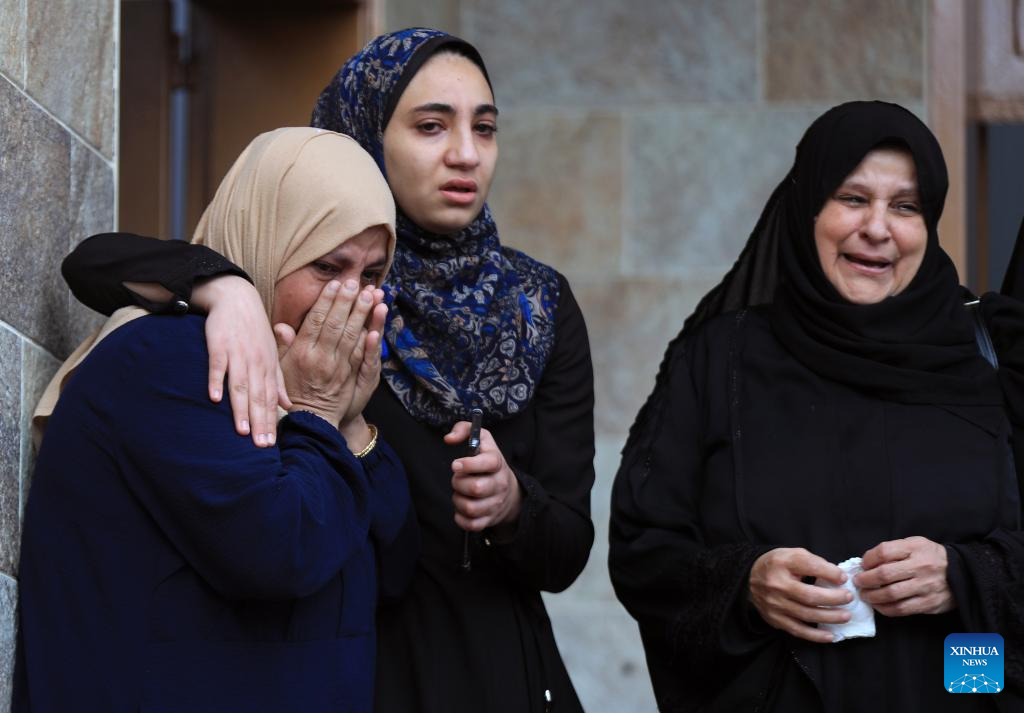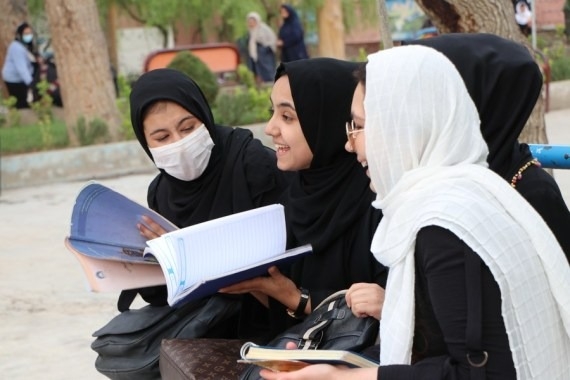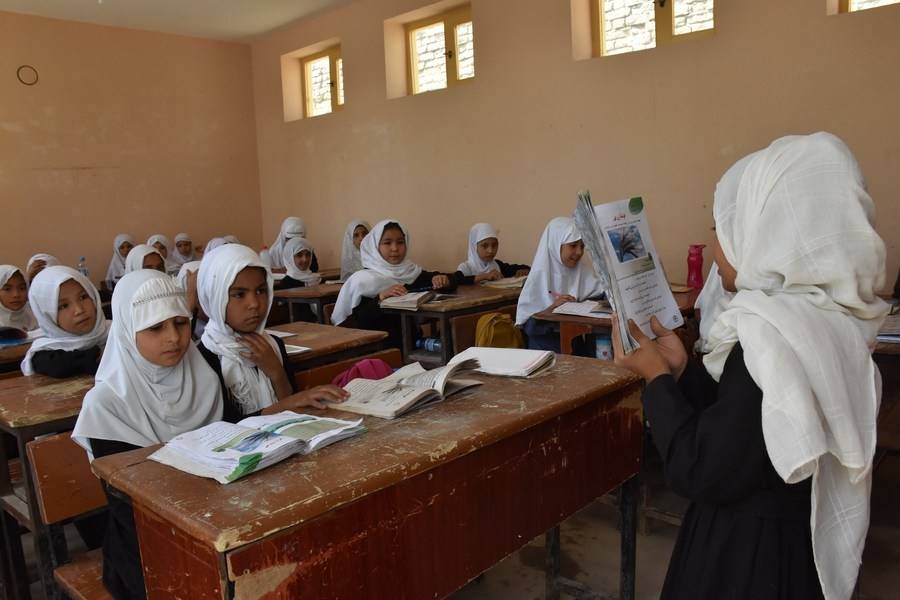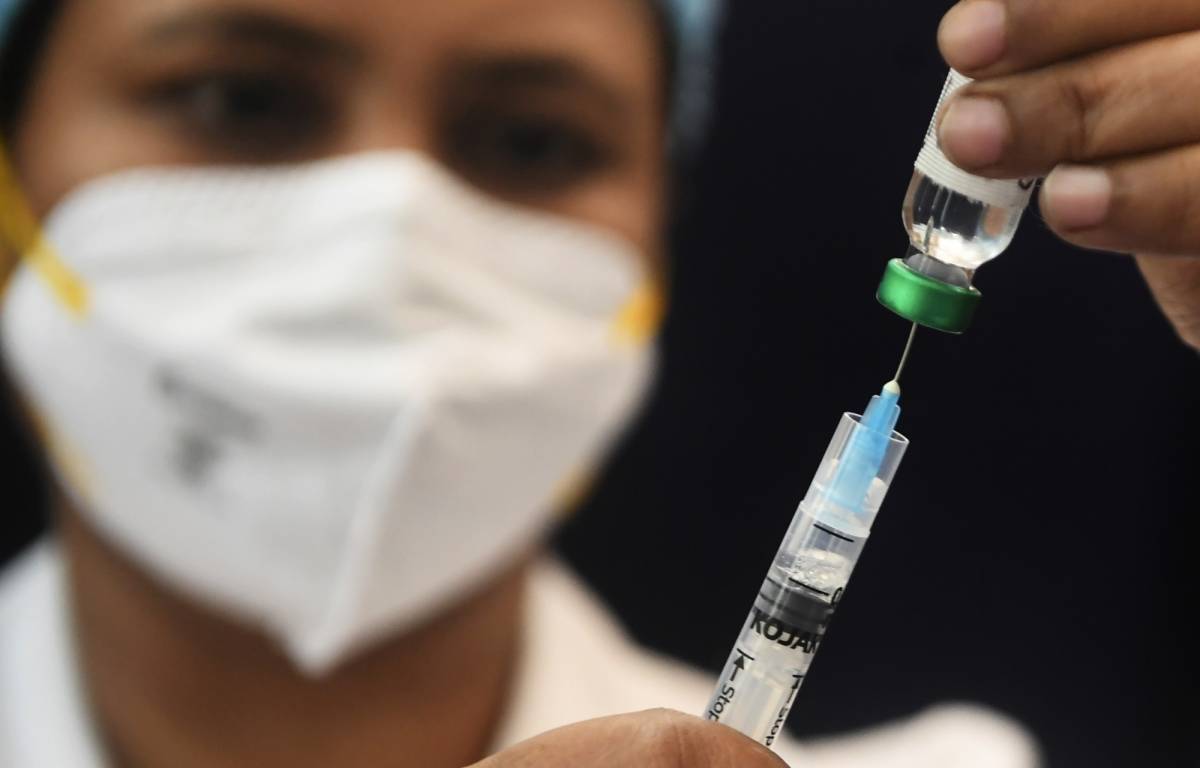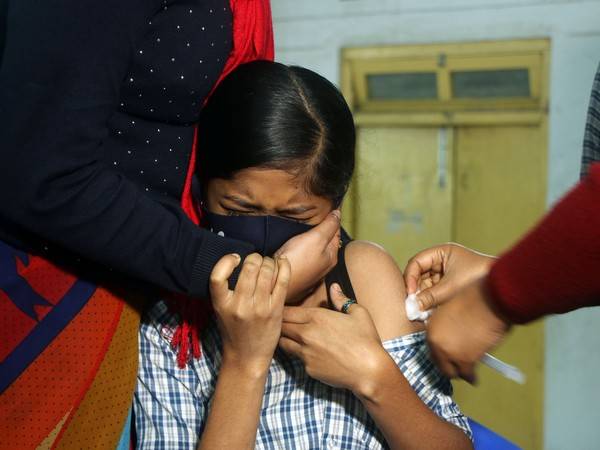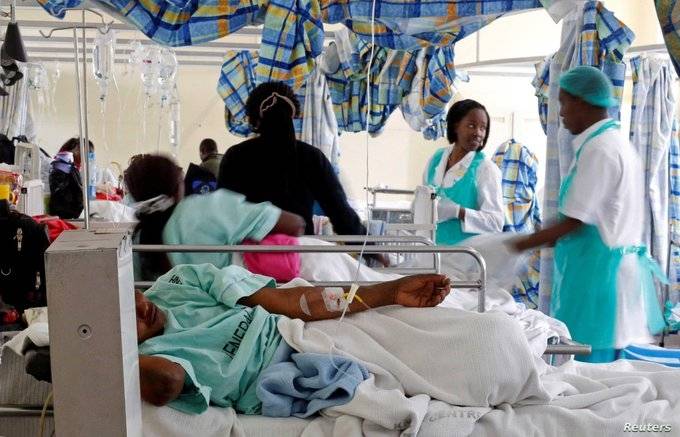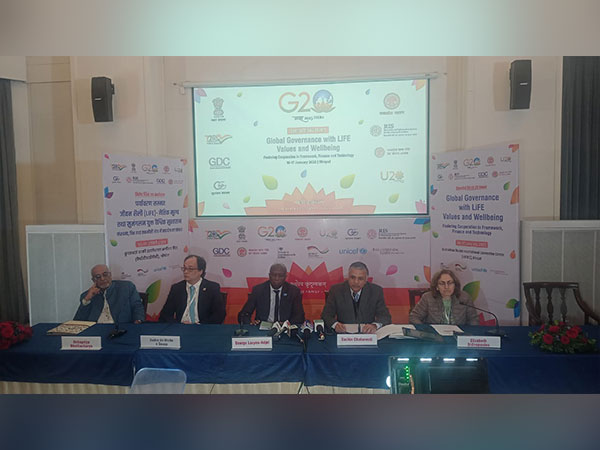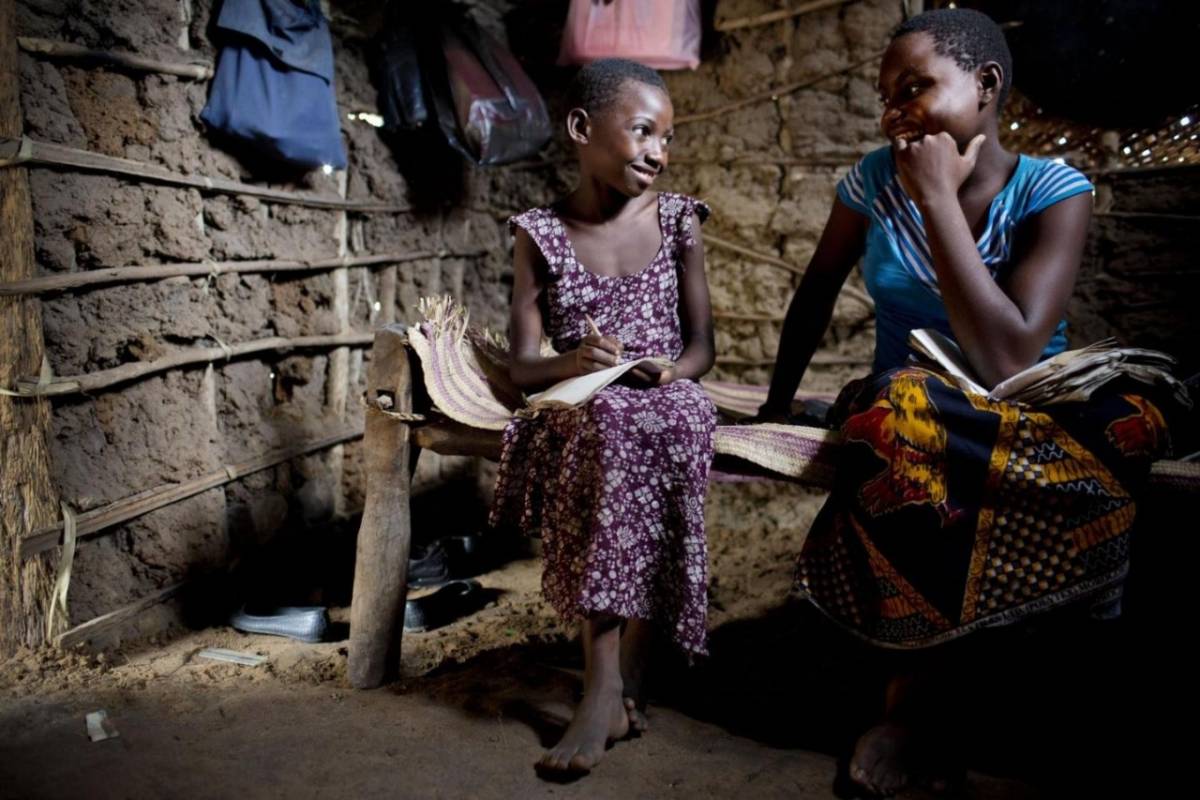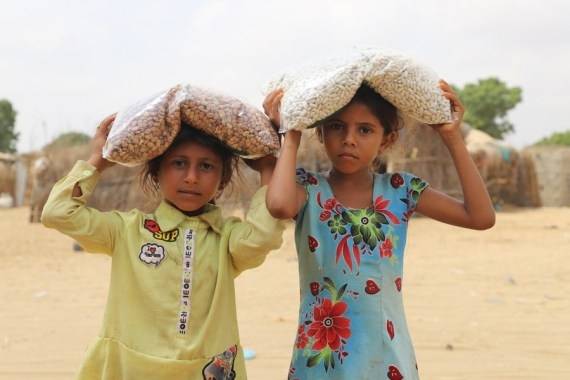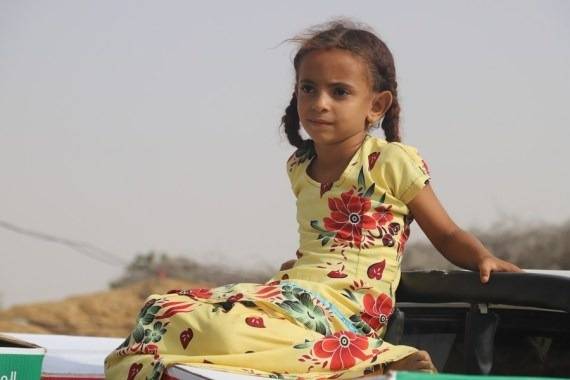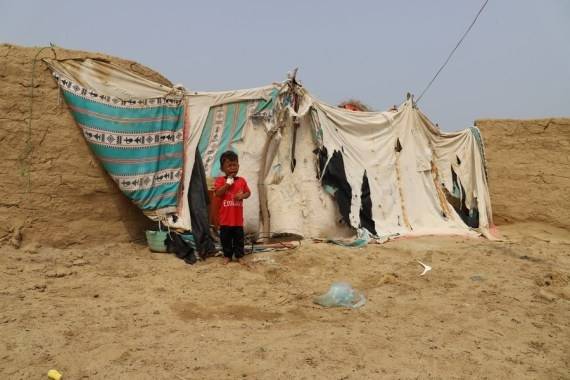Abdulla’s continuous support over the years has played a pivotal role in advancing UNICEF’s mission…reports Asian Lite News
Abdulla Al Abdulla, Chief Operating Officer and Group General Manager of Central Hotels and Resorts, the UAE’s rapidly expanding hospitality entity, underscores his resolute dedication to combatting the Climate Crisis. He has pledged a substantial $2 million to bolster UNICEF’s programmatic response at the recently concluded COP28.
This substantial contribution will be strategically allocated to target projects addressing climate change’s direct and indirect consequences. Abdulla’s continuous support over the years has played a pivotal role in advancing UNICEF’s mission.
His remarkable generosity underscores the importance of collective action in mitigating the impact of climate change on children worldwide. The pledged funds will be instrumental in implementing targeted projects that aim to create a sustainable future for children globally.
“In the face of the climate crisis, my commitment to UNICEF’s cause at COP28 is more than a pledge; it’s a promise to safeguard the future of our planet and the well-being of generations to come,” said Abdulla.
Before signing the agreement, Abdulla served as a panelist moderated by Financial Times. He discussed important topics, including climate resilience and adaptation, with a specific emphasis on water security.
UNICEF acknowledges Abdulla’s significant investment as a catalyst for positive change and a vital step forward in realizing our shared vision.
“UNICEF is grateful for the generous donation from Abdulla al Abdulla and for his commitment to help address the impacts of climate change in vulnerable communities. Over 1 billion children are at extremely high risk of severe and destructive climate hazards. This commitment will help UNICEF save and protect children’s lives,” said UNICEF Deputy Executive Director Kitty van der Heijden.
This partnership exemplifies the power of collaboration in addressing global challenges and underscores the urgent need for concerted efforts to create a more sustainable and resilient future for the next generation.
ALSO READ-Emiratisation Targets Activated For 12K More Companies


